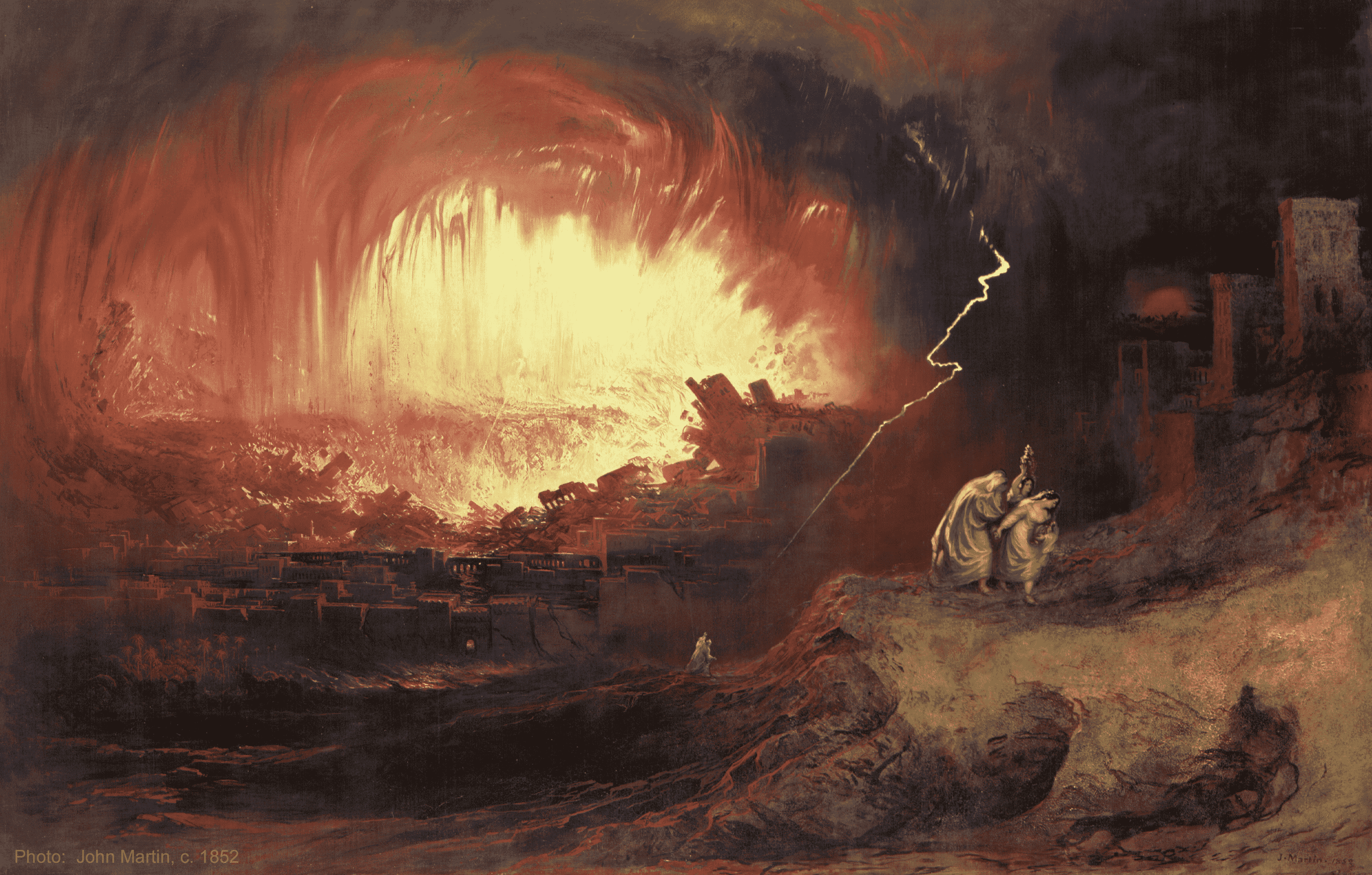Abraham: Our Patriarch of Loving-Kindnessنموونە


A Champion of Compassion
When God determined that He would destroy Sodom and Gomorrah, He asked, “Shall I hide from Abraham what I am about to do?” (Genesis 18:17). But God decided to tell Abraham about the impending doom, saying “For I have chosen him, so that he will direct his children and his household after him to keep the way of the Lord by doing what is right and just” (18:19).
As God’s partner in creating a moral and just world, it was necessary for God to let Abraham know what was happening.
Abraham responded to the information by immediately interceding on behalf of the condemned city. He asked God, “Will you sweep away the righteous with the wicked?” A long and detailed bargaining process ensued where Abraham negotiated with God to spare the city for 50 people, then 45, then 40, and so on, until he asked for God’s mercy if there were only 10 righteous people in Sodom. And God agreed. If there were 10 righteous people, He would spare the city. However, even 10 good people in a city of thousands were not to be found, and the cities of Sodom and Gomorrah were destroyed in a firestorm of sulfur (Genesis 19:24-25).
Abraham’s reaction upon hearing God’s intent to destroy these cities was complete empathy and compassion. This is quite surprising considering that Sodom represented the exact opposite of Abraham’s values and ideas. Abraham encouraged compassion and modeled generosity in his own home. As we read in the book of Ezekiel, “‘Now this was the sin of your sister Sodom: She and her daughters were arrogant, overfed and unconcerned; they did not help the poor and needy’” (Ezekiel 16:49). Rather than showing compassion toward others, as Abraham modeled, the people of Sodom turned their backs upon the needy.
In spite of the wickedness of Sodom, Abraham tried to save the people. Abraham was able to love and care for all people—even those with whom he severely disagreed and those who were prone to sin. Abraham’s love for others was greater than their shortcomings. In an act of chesed, he prayed for the wicked city of Sodom with all his heart.
Our God is a God of compassion. As the psalmist wrote, “The Lord is compassionate and gracious, slow to anger, abounding in love” (Psalm103:8). So, too, the prophet Micah proclaimed, “Who is a God like you, who pardons sin and forgives the transgression of the remnant of his inheritance? You will again have compassion on us; you will tread our sins underfoot and hurl all our iniquities into the depths of the sea” (Micah 7:18-19). In the Christian Bible, we see numerous times when Jesus acted out of his compassion for the people. (See Matthew 9:36; 14:14; 20:34).
So, too, is the man who God chose to be the father of our faiths. As Abraham prayed on behalf of Sodom, he taught the world that sinners also deserve kindness. Just as we would not shut out our own child, we cannot give up on any child of God. Abraham worked toward the ultimate perfection of the world—when all people will be united and all people will serve the one true God.
کتێبی پیرۆز
دەربارەی ئەم پلانە

Abraham's belief in one God who is Father of us all—monotheism—was not widely recognized during his lifetime. But his ideals and values form the basis of the civilized world today. Discover the life, the legacy, and the loving-kindness of this monumental figure and consider how we can each become more like Abraham in our own lives.
More









